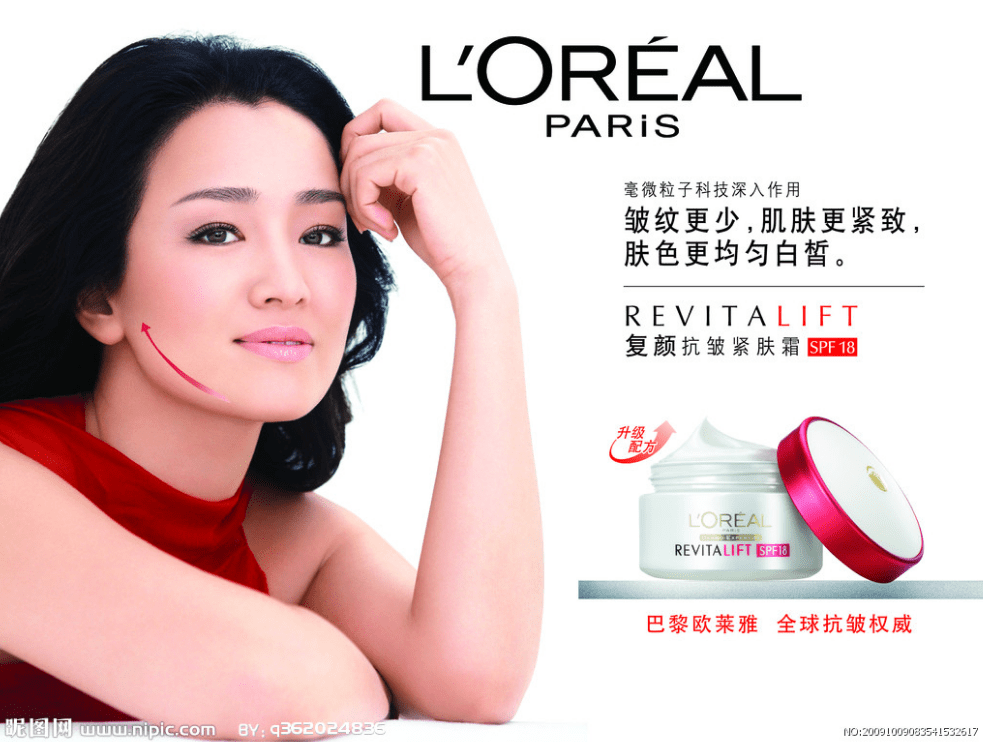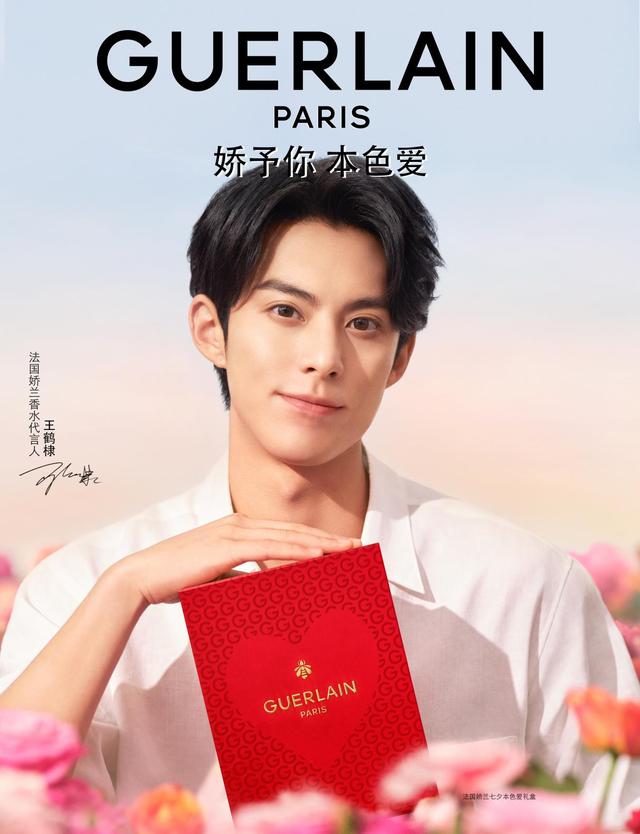Beauty, often said to be subjective, finds a universal appeal in French cosmetic brands, hailed as some of the finest globally.
- French Cosmetic Brands in China:
- French cosmetic brands are highly regarded globally and have seen significant revenue from the Chinese market, accounting for about 35%.
- Efforts are being made to tailor French cosmetics to Chinese consumer preferences.
- Despite regulatory differences, such as mandatory animal testing for certain products, France and China are committed to balancing the cosmetics sector, with plans for a French cosmetics industry embassy in China.
- Rise of Domestic Cosmetics in China:
- Chinese domestic cosmetic brands, blending traditional culture with modern designs, are experiencing explosive growth in sales, especially on e-commerce platforms.
- Sales of local day creams, lipsticks, and lip balms have seen substantial year-on-year increases.
- The men’s cosmetics market in China is rapidly expanding, with significant sales growth in men’s eye care and lip balm products.

The iconic Champs-Elysees in Paris, lined with luxurious stores, has long been a magnet for international shoppers. However, the Chinese market is emerging as a crucial player for these brands. French officials note that approximately 35% of the revenue for many French cosmetic firms now originates from China.
French cosmetic brands have been increasingly tailoring their products to meet the specific preferences of Chinese consumers for several years. explained Philip Chen, GMA.
China the world’s second-largest cosmetics market in the world
This strategic focus is hardly surprising, given China’s status as the world’s second-largest cosmetics market, surpassed only by the U.S. It’s forecasted that China will generate about $60 billion in this sector next year, with continued growth anticipated. The 2023 Business of Fashion and McKinsey State of Fashion report points out that China maintains specific regulations, such as mandatory animal testing for certain cosmetics like hair dye and sunscreen. Moreover, companies importing into China must provide a comprehensive list of ingredients and their quantities, raising concerns about potential product piracy, though some argue it ensures consumer safety.
Despite differing viewpoints on certain practices, France and China express a joint commitment to creating a more balanced playing field in the cosmetics industry. In a significant move, France plans to establish a dedicated cosmetics industry embassy in China next year, further cementing this burgeoning relationship.
Read more
What s trendy in China ?
The cosmetic brands in China, blending modern, fashionable designs with traditional cultural elements, are seeing a surge in popularity and sales, particularly on major e-commerce platforms, as noted by industry experts.
Data from Vip-shop, an online retailer, indicates a significant increase in sales of local brands. Between November 1 and December 5, turnover for domestic day cream brands rose by 34% compared to the same period last year. Additionally, sales of Chinese lipsticks and lip balms soared, with increases of 110% and 45% year-on-year, respectively.

A remarkable trend is the growing demand for men’s cosmetics. Sales for this demographic have increased dramatically, with a 3.5-fold yearly increase in the same period. Specifically, sales of men’s eye care products surged by 193% year-on-year, and men’s lip balms saw a 77% increase, as reported by Vipshop.
Leading the popularity charts are domestic brands like Winona, Carslan, Chando, Proya, and Marubi. Newer brands are also making significant strides; for instance, Eve Charm, a brand from a Guangzhou-based cosmetics company, experienced a 234% year-on-year sales jump on Vipshop.
During the Singles Day Shopping carnival this year, which began at 8 pm on October 31, Tmall, Alibaba’s business-to-customer marketplace, reported remarkable sales figures. Proya, a Chinese skincare brand, topped the sales list among all beauty and makeup products in the first hour. Similarly, sales for Herborist, a brand from Shanghai Jahwa United Co Ltd, skyrocketed by 315% year-on-year in the same timeframe. Moreover, over 1,000 new domestic skincare brands saw double-digit growth in turnover.
Tmall further revealed that in the past three years, over 6,000 cosmetics brands have opened official flagship stores on its platform. Notably, about 80% of these are homegrown Chinese brands, indicating a robust and growing domestic cosmetics industry.
Read more

